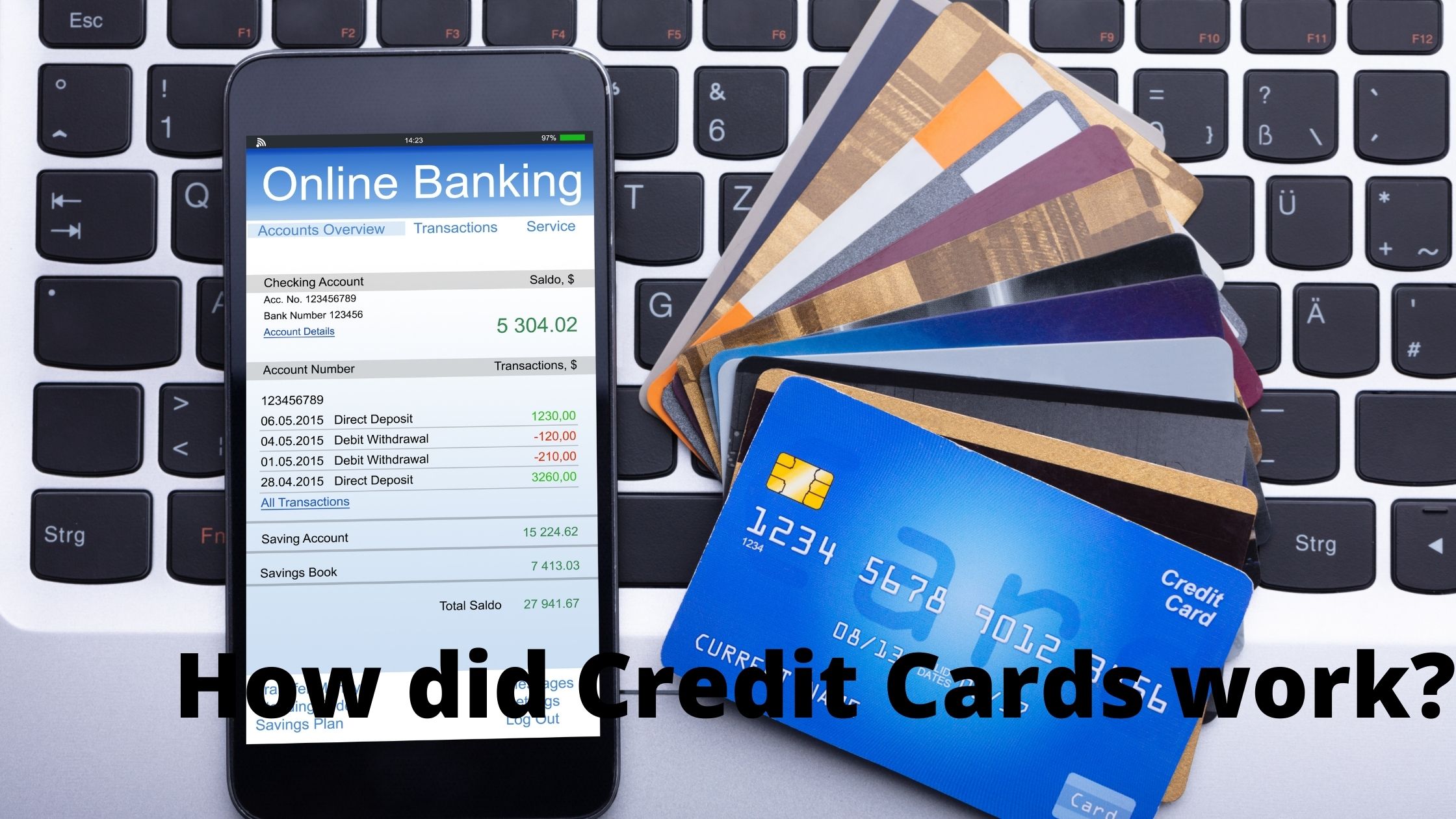Credit cards are a big part of modern life. They’re used for everything from buying groceries to booking travel reservations – and they’re an essential way of managing your finances. In this article, we’ll take a look at what a credit card is, how it works, and some of the benefits that come with owning one.
What is a Credit Card?
A credit card is a plastic card that allows you to borrow money up to a certain limit. The card issuer (the bank or other financial institution that issued the card) guarantees the repayment of the borrowed money, plus interest and fees. When you use your credit card, the purchase is immediately charged to your account. This means that you are responsible for paying off your balance in full every month. If you don’t, you may be charged penalties and/or interest on top of that.
One of the great things about credit cards is that they offer instant access to funds. This means that you can quickly buy something you need without having to wait for payday. Plus, if there are any problems with your credit score, using a credit card can help improve it.
Before getting a credit card, make sure that you understand the benefits and risks involved. Credit cards are an excellent way to build your credit history and score, but use them responsibly – don’t spend more than you can afford to pay back each month. Also, be aware of credit card debt consolidation – this can help reduce your monthly payments and result in a lower overall debt amount.
Types of Credit Cards
A credit card is a plastic card with a magnetic strip that can be used to borrow money from a bank or credit union. When you borrow money with a credit card, the bank or credit union pays the vendor for the goods or services you purchased and then credits the amount of the loan to your account. This allows you to spend money now and pay off the debt later. Credit cards are also useful for emergencies, as you can use them to pay for necessities like food and rent.
There are several types of credit cards:
-Mastercard: The most popular type of credit card in the world. Mastercard offers various benefits, including fraud protection and roadside assistance.
– Visa: Another popular type of credit card. Visa cards offer similar benefits to Mastercards, but they are not as widely accepted.
– American Express: An exclusive club for high-earning individuals. American Express offers benefits such as fee waivers and priority customer service.
How did Credit Cards work?
Credit cards are a great way to build your credit score and qualify for loans in the future. Credit cards allow you to borrow money up to a certain limit in order to purchase items or withdraw cash. There are several types of credit cards, so be sure to choose the one that’s best for you.
When you use your credit card, the credit card company pays the merchant (the person or business selling goods or services) and charges you interest on the outstanding balance. The interest rate is typically higher the sooner you pay off your balance. When you make a purchase with a credit card, the credit card company will also charge you a fee, which includes an annual percentage rate (APR).
There are pros and cons to owning a credit card. The biggest pro is that using a credit card can help improve your credit score. By building good credit history, you may be able to get lower interest rates on loans in the future.
The downside to owning a credit card is that if you don’t pay off your balance each month, your account will eventually become delinquent and may result in substantial penalties and fees. If you go into debt because of an expensive purchase
The Advantages of Owning a Credit Card
A credit card can be a very useful financial tool. Here are some of the advantages to owning one:
1. It Can Help You Build or Maintain Credit Rating.
A good credit rating is essential for any kind of loan, including a mortgage. A credit card can help you improve your credit rating by helping you to pay back your debt on time.
2. It Can Help You Save On Purchases.
If you use your credit card to make regular monthly payments, it can help you save money on purchases. For example, if you were planning to buy a car and had a $10,000 budgeted for the purchase, but only had $8,000 available in cash, using your credit card would allow you to borrow the remaining $2,000 from the credit card company and not have to use any of your own money.
3. It Can Help You Redeem Rewards Points For Cash Or Merchandise.
Many credit cards offer rewards points that can be redeemed for cash or goods (such as airline tickets or electronics). If you use your credit card frequently enough, eventually you may be able to stockpile enough rewards points to receive a significant discount on your next purchase.
Disadvantages of Having a Credit Card
Credit cards are a convenient way to borrow money, but there are some disadvantages you should be aware of. For one, credit cards often carry high interest rates. This means that unless you use your card regularly and pay off your balances on time, you’ll end up paying a lot more in interest than you would if you had borrowed money from a traditional lender. Second, credit cards can lead to debt accumulation if you overspend or miss payments. If your credit score drops as a result of delinquent payments, it will be harder for you to get loans in the future and may even result in bankruptcy. Finally, if your card is lost or stolen, you’ll have to deal with the consequences, including potential fines and fees. Therefore, it’s important to weigh the pros and cons of using a credit card before deciding whether or not to get one.
Conclusion
Credit cards are an important tool that can help you manage your finances. By using a credit card, you are able to borrow money up to a certain limit in order to purchase items you might not be able to afford outright. In addition, credit cards offer protections such as fraud monitoring and the ability to dispute charges if they don’t feel like they were made in accordance with your agreement with the credit card company. So why wouldn’t you want one?


